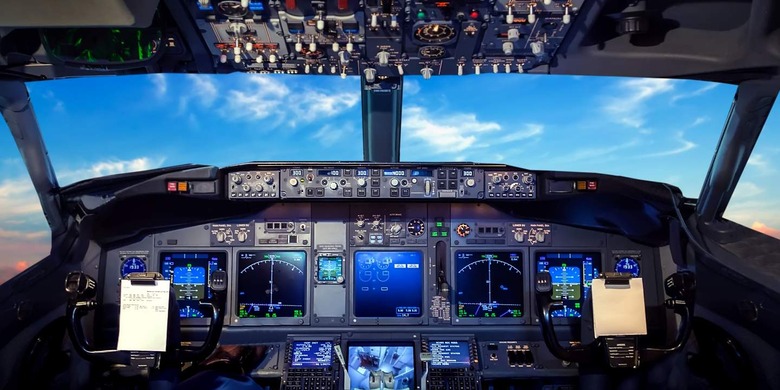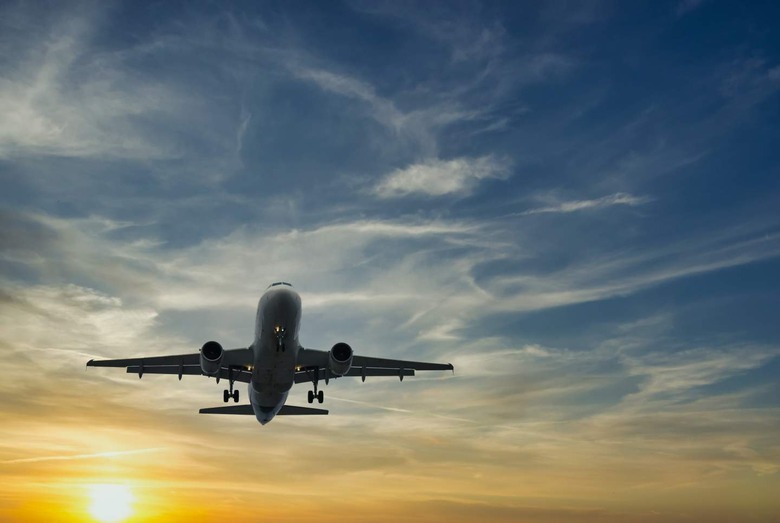Verizon, AT&T Reject Call To Delay 5G Deployment
Verizon and AT&T have rejected a call by the US government to delay their rollout of 5G spectrum over concerns about airline safety and continuing an ongoing showdown over the next-generation wireless technology.
Verizon and AT&T collectively spent more than $68 billion at a Federal Communications Commission (FCC) auction in February 2021 (via the FCC). The spectrum in question is the C-band spectrum, in the 3.7-3.98 GHz range. C-band is in the mid-range spectrum that's considered ideal for 5G applications.
Lower frequency nationwide 5G has superior range, but its speeds aren't much faster than 4G LTE. On the other end of the spectrum (pun intended) is mmWave. Spectrum in this range is above 6 GHz and offers speeds in the gigabits, but has a very limited range. C-band spectrum offers the perfect blend of speed and range, making it a coveted commodity for wireless carriers around the world.
What Verizon and AT&T didn't know when they purchased the spectrum was the fight they would have to actually use it.
Issues With The Airline Industry
Before Verizon and AT&T could roll out their new spectrum, airlines and the Federal Aviation Administration (FAA) raised concerns about 5G interfering with airline altimeters. Those altimeters operate in the 4.2-4.4 GHz range, close enough to the C-band spectrum to cause worry.
Verizon and AT&T initially delayed their rollout by a month and agreed to decrease signal strength. The FAA issued updated guidance to pilots in an effort to mitigate concerns, but to no avail.
According to The Independent, United Airlines CEO Scott Kirby testified before Congress that failure to address concerns about C-band "would be a catastrophic failure of government."
The Airlines for America (A4A) association also filed an emergency appeal to the FCC asking for another delay in the 5G rollout.
Verizon And AT&T Reject The FAA's Latest Request
According to Reuters, despite the FAA and US Transportation Secretary Pete Buttigieg asking Verizon and AT&T to delay their rollout again, the CEOs of both companies sent a joint letter declining the request.
Verizon CEO Hans Vestberg and AT&T CEO John Stankey pointed to the French wireless carriers and airlines' coexistence as a model to follow. France implements "exclusion zones" around airports to ensure 5G doesn't interfere with their altimeters.
Verizon and AT&T have proposed doing something similar, albeit with modifications, since the US allows for stronger 5G signals than France does. The two companies have committed to not deploying 5G around airports for at least six months.
"The laws of physics are the same in the United States and France," the CEOs wrote. "If U.S. airlines are permitted to operate flights every day in France, then the same operating conditions should allow them to do so in the United States."
In response, the FAA said it was "reviewing the latest letter from the wireless companies on how to mitigate interference from 5G C-band transmissions. U.S. aviation safety standards will guide our next actions."


